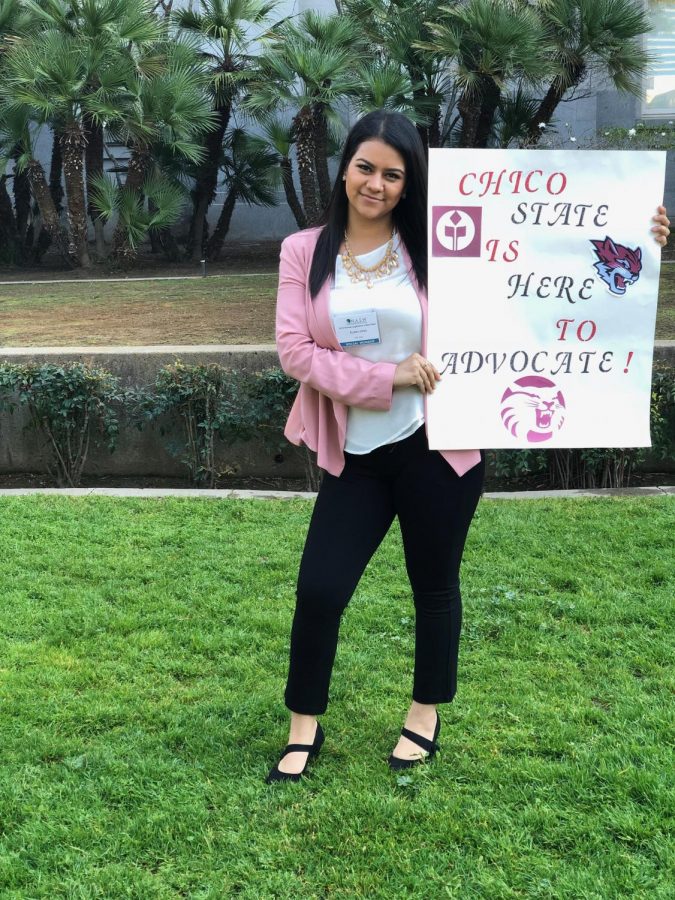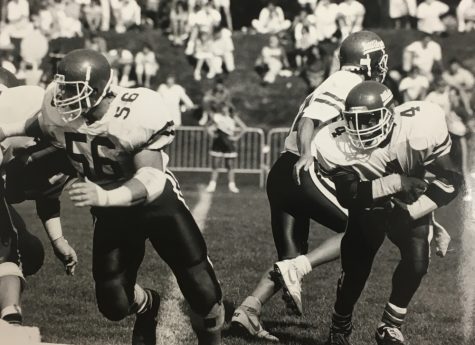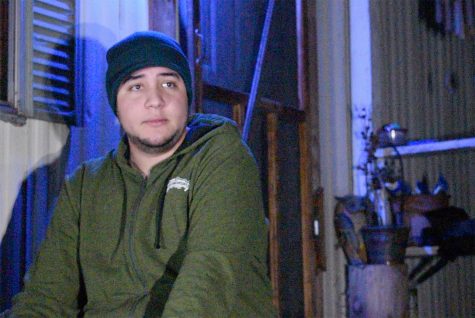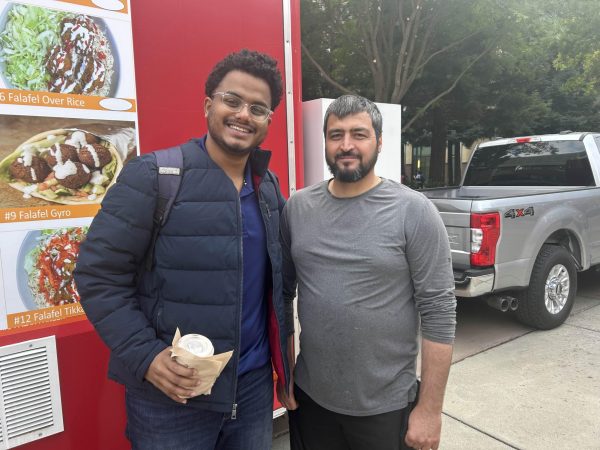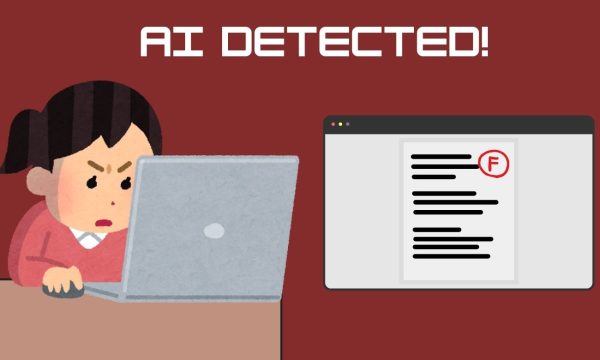Foster youth program is one of many underrepresented groups on campus
PATH Scholars peer coach Elian Lopez spent a weekend in March at the state capitol with the National Association of Social Workers lobbying three different bills. Photo credit: Elian Lopez
There are many minorities on campus that seem forgotten at times. Whether it is due to lack of awareness, size of the group or complications with the systems in place meant to help them smoothly integrate into society. Numerous groups on campus have expressed frustrations as not enough diverse resources are offered here at Chico State or they lack sufficient funding and attention.
One of those organizations is Promoting Achievement Through Hope, or commonly known as PATH Scholars a foster youth program who feels almost discouraged by the college system and its lack of support to their unique group.
In my opinion, we must not forget that we all come from different backgrounds and that not all of us had an easy transition into the higher education system nor does it get any easier to stay enrolled.
According to USA Today, 10 percent of foster youth enroll in college and of that only 3 percent actually finish and graduate. This is due to the lack of help available to them. Many might not understand that certain minorities might need more guidance then say a student whose parents both graduated university. However many of these students are not only trying to figure out the higher education system but also trying to figure out the government system that is in place.
A study has shown that 61 percent of children entering the foster care system test positive for developmental delay. This alone can hinder their success rate, however, for most this is not the only struggle they may face as they prepare to exit foster care at age 18.
Here at Chico State, we do have a grant-funded program specifically for helping former foster youth and unaccompanied homeless youth. PATH Scholars offers students peer coaches who connect them with financial aid services, counseling, advising and tutoring services as well as connecting them with resources on campus and in the community.
However, peer coach Elian Lopez at the organization feels that the university has forgotten about their struggles and her students feel the same way.
“We have one semester meeting with President Hutchinson but she has been very uninterested in what the students have to say and even left early,” Lopez said. “We even set a meeting with the Vice President and he didn’t even bother to show up.”
This can be so discouraging for the students Lopez explained as a lot of them are struggling to stay motivated and keep pursuing higher education.
In order to ensure the success of students with these kinds of backgrounds, we must fund and promote organizations like PATH. There are so many obstacles these students face that additional resources like these are needed to help guide them.
Former foster youth Andrew Davis has explained how hard it was for him to return to school. Davis entered college back in 2009 but ended up dropping out since there was no PATH back then nor any other similar resources to help guide him through the university system.
He has now returned and is in junior standing. Davis is very involved with PATH and has even gone on to make his own clothing line Original Pineapple Gang.
“You can succeed academically but can work towards your passion also,” Davis said when asked about his clothing line.
“I want to be a testament that regardless of where you come from or your background you can still set goals and work towards achieving your dreams.”
Davis is an example of how programs and resources like PATH are extremely beneficial for students who do not have any other support system.
We must continue to fund organizations like these that help students with diverse backgrounds succeed in college. Without this extra help most of these students will end up dropping out, but it is also up to the university to make their success a priority.
Nicte Hernandez can be reached at [email protected] or @nicteh7 on Twitter.



